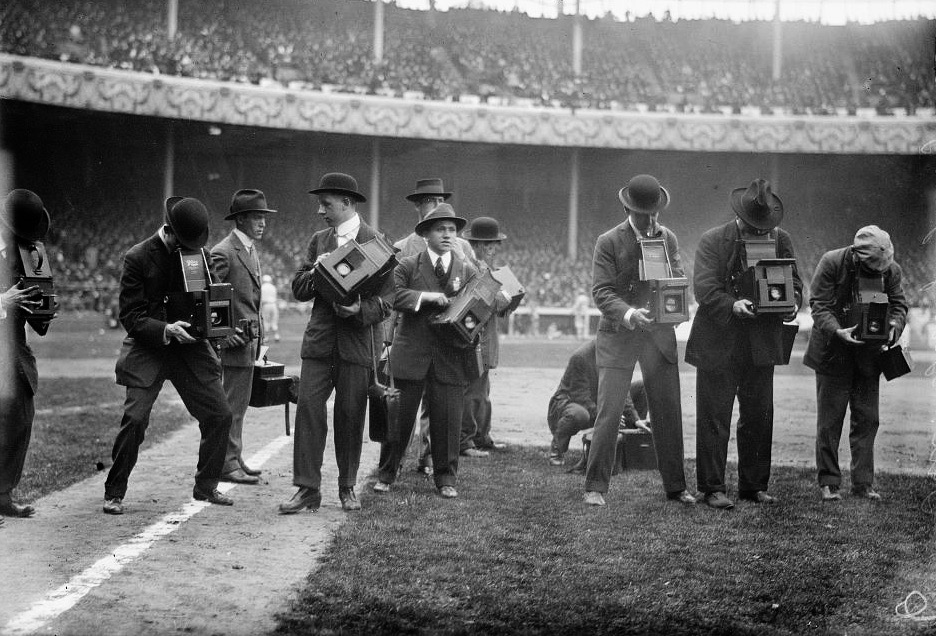You’re a sad and pathetic man, [Michael]. You’re a homosexual and you don’t want to be, but there’s nothing you can do to change it!
–Harold to Michael, from “The Boys in the Band” by Mart Crowley, 1968
When Michael hosts a party for his friend Harold, he intends it to be fun. Familiar friends arrive–Donald, Bernard, Hank, Larry, Emory–and even some unexpected pop-ups–a stripper for Harold named Cowboy, Donald’s former college roommate Alan. But beneath the sheen of playfulness and bawdy conversation, there’s a poison being mixed as the as the evening advances. Michael is ashamed of his sexuality; and, whether he intends it or not, his shame impacts the people in his apartment.
While everyone else is struggling with a particular aspect of being homosexual–Emory, for example, with what it means to be haggled by other gays for being effeminate–none of them actually deny who they are. Even Harold, given to such awful bouts of self-hatred, is still accepting of his gayness:
What I am, Michael, is a thirty-two year old, ugly, pock-marked Jew fairy, and if it takes me a little while to pull myself together, and if I smoke a little grass before I get up the nerve to show my face to the world, it’s nobody’s god-damned business but my own.
By subverting his nature, though, Michael holds himself apart from his friends and entertains a contempt for them. Maybe they wouldn’t be so troubled if they weren’t as open about being themselves. After all, what they’re doing invites such humiliations. Maybe they should pretend to be something else instead like he does. It’s less painful. Michael thinks he can help them to understand and blindly administers the poison.
His agent is a grotesque version of the game “Truth or Dare” that he dubs “Affairs of the Heart.” It involves cold calling a man you’ve secretly loved but never told. There’s points for things like revealing your name and expressing your unrequited desire. Bernard, Emory, Hank, Larry and even Alan are all coerced to play, but the game backfires on Michael. It’s no fun. Although each of his friends is embarrassed after making his phone call, none of them renounce their sexuality. Instead, they’re angry. They resent Michael for using their vulnerabilities as fodder for his stupid parlor game. Besides, he didn’t even have the balls to participate himself.
As they leave his apartment, Michael tries comforting himself with self-flatualation, but Harold won’t have any of it. Michael warns him to stay clear of his furor, but Harold rejoins with
You warning me? Me? I’m Harold. I’m the one person you don’t warn, Michael, because you and I are a match. And we tread very softly with each tore, because we both play each other’s game too well. I know this game you’re playing. I know it very well and I play it very well. You play it very well too, but you know what? I’m the only one who’s better at it than you are. I can beat you at it, so don’t push me. I’m warning you.
But then there’s a pause. Harold, imbued with more insight than any of the other boys present, recognizes his friend’s limitations and sighs. He tells Michael that he’ll call him tomorrow. He won’t abandon his friend. And perhaps that’s the biggest takeaway from Mart Crowley’s play: Ultimately, the boys in the band refuse to shun Michael. He made a horrid mistake and he’s struggling, but he’s still a part of their community, a member of their chosen family. It’s very refreshing and hopeful. Maybe we can even learn something from Harold’s example.
Photo by Rick Stachura. May 14, 2018.
Curtain call for the Broadway revival of “The Boys in the Band” at the Booth Theatre.

